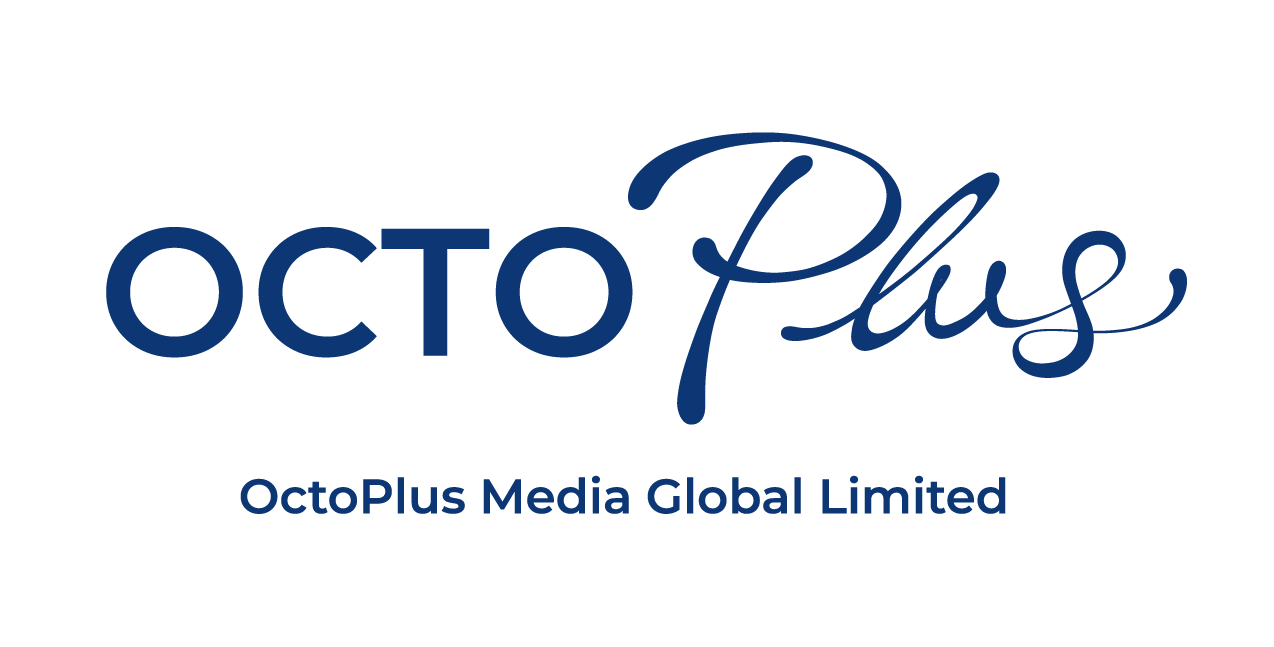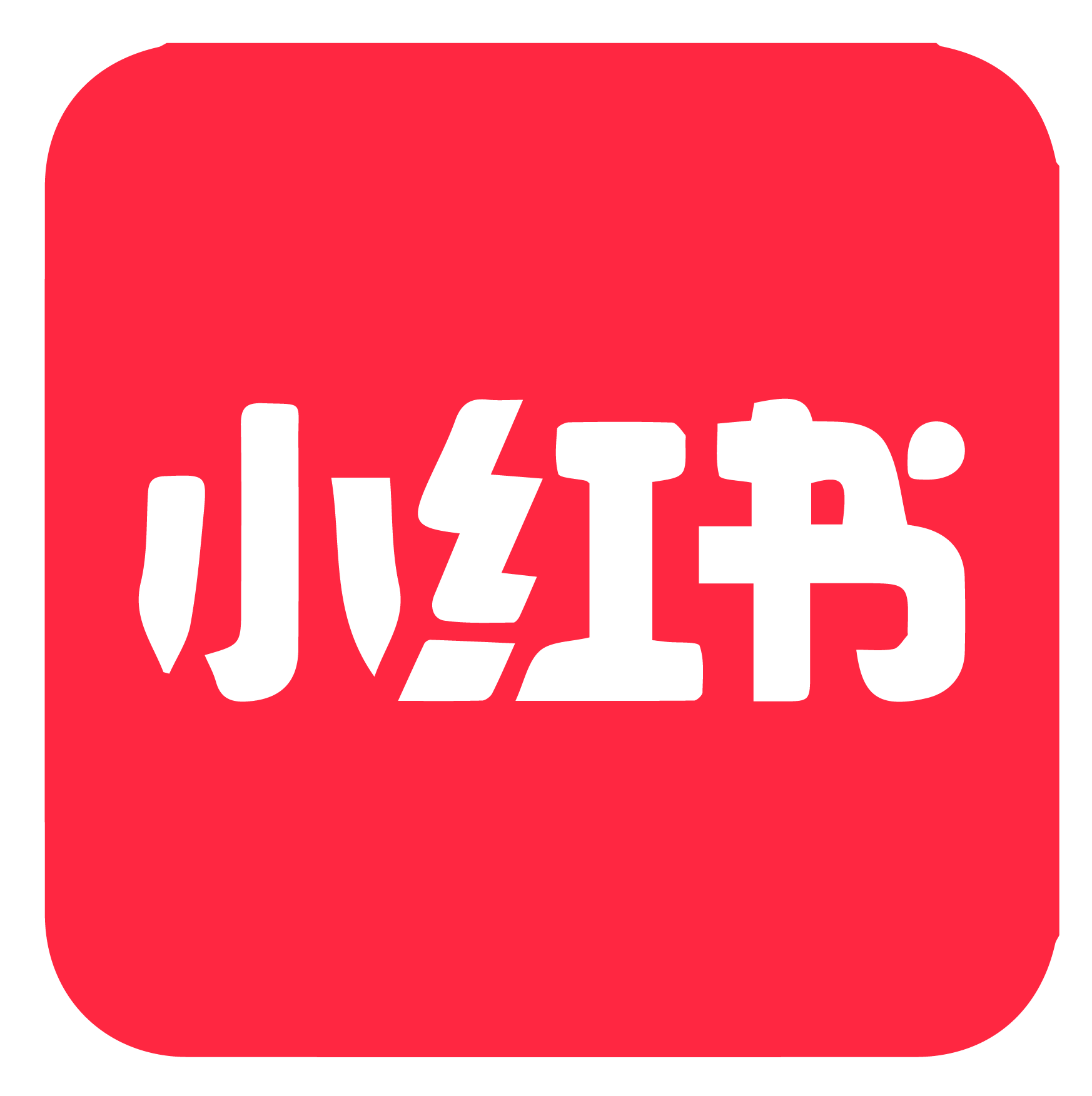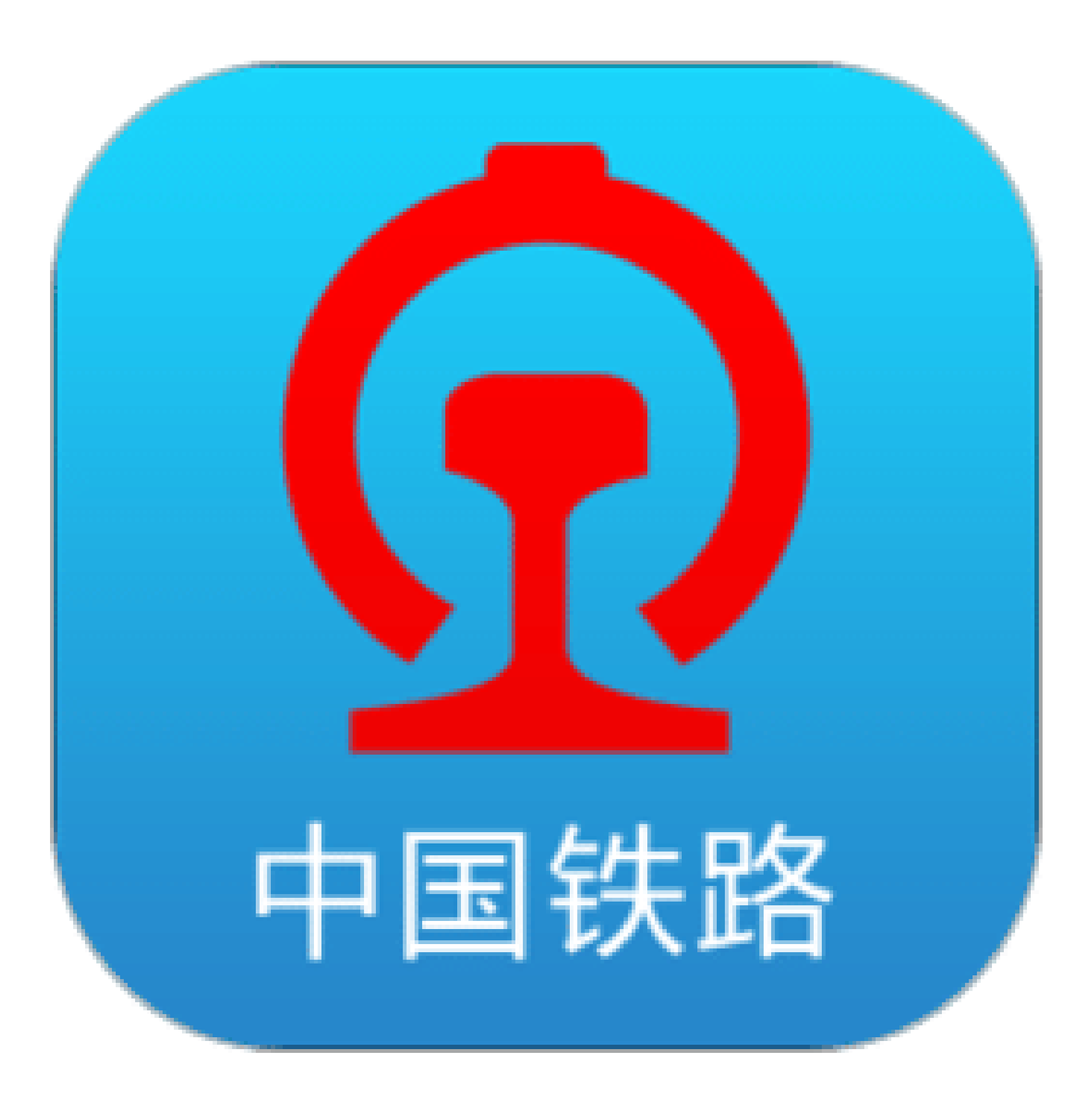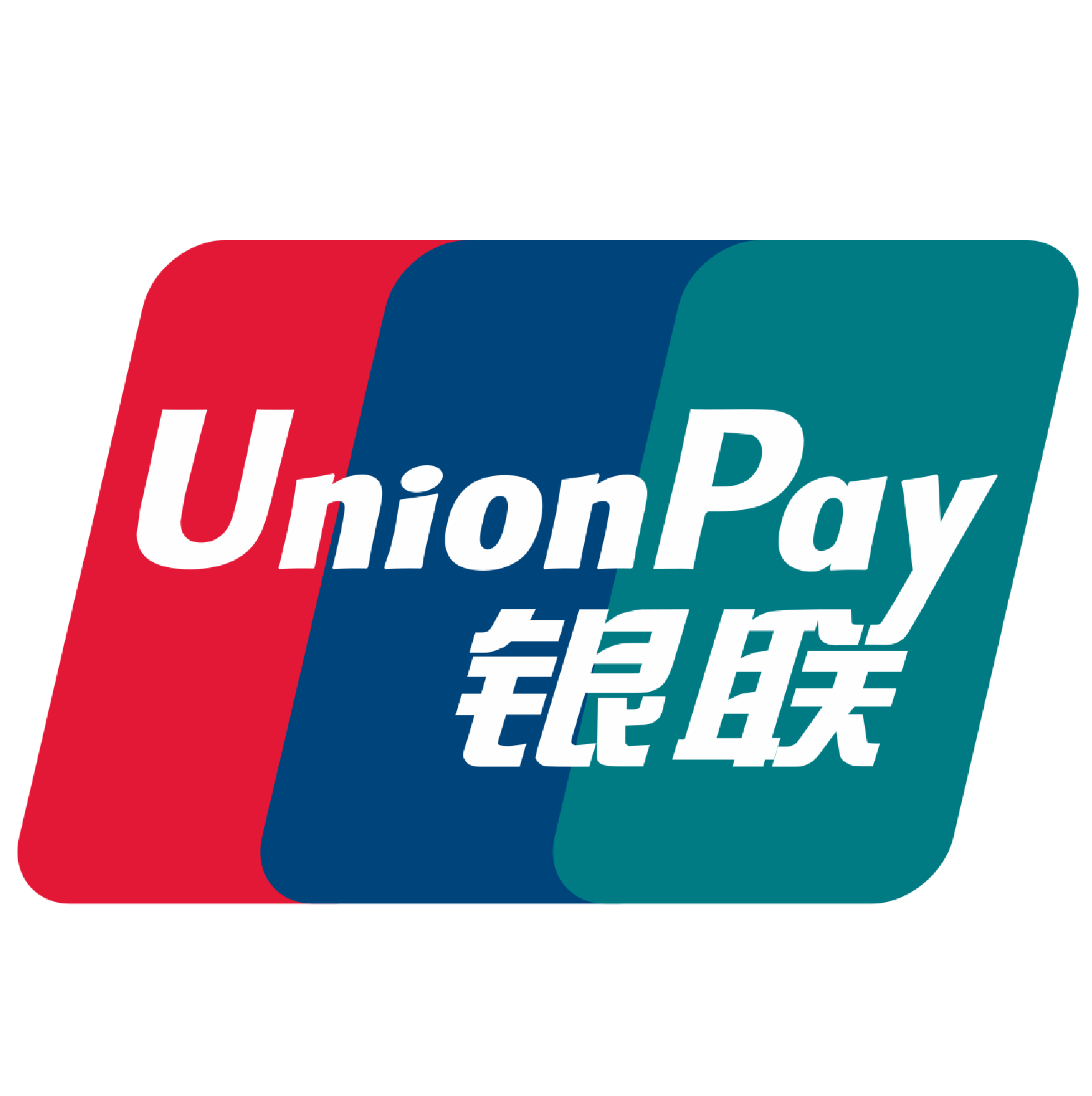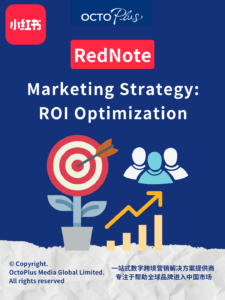Xiaohongshu 2023 Latest Account Verification Rules
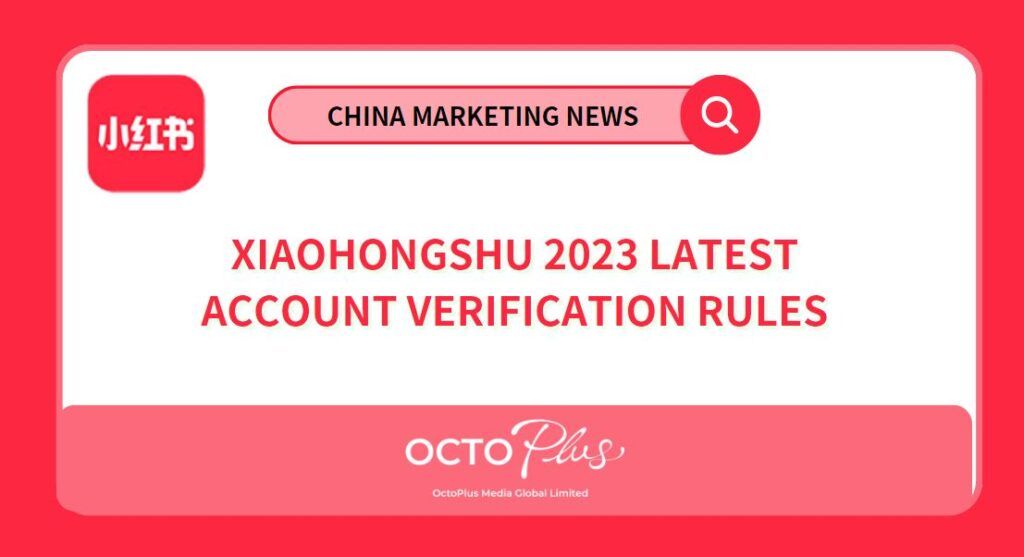
The Verified Account or Professional Account (blue tick) on Xiaohongshu (Little Red Book) is designed to serve individual business owners and enterprises with commercial activity needs within the platform. It is a specialized identity account obtained through qualification application on top of a regular account. Therefore, Xiaohongshu do not support the certification of accounts that have been previously banned by the community or belong to prohibited industries. Additionally, changing the entity type during the verification process is not allowed.
If an applicant still submits an application despite having the aforementioned issues or attempts to apply with false qualifications or an identity that does not align with their business scope, any failure in the verification process resulting from the merchant’s own reasons will not result in a refund of the verification service fee.
Latest Rules (As of July 2023)
For the full Xiaohongshu Verification Rules, please refer to this link
Section 1: General Terms and Descriptions
Add the following text:
● “The above are the rules for Xiaohongshu Enterprise Professional Account verification. These rules may change from time to time due to adjustments in Xiaohongshu’s policies or services. Please refer to the latest text and system configurations for accuracy. Additionally, the specific materials submitted for account verification must also comply with relevant laws and regulations. Officially published latest information should be followed, and it must adhere to the requirements outlined in the Xiaohongshu Enterprise Certification Standards.”
● “The Enterprise Professional Account status is determined through legitimate and compliant channels such as system recognition, administrative notifications, consumer complaints, reports from rights holders, exposure in news media, and inspections. This determination includes evaluating user-submitted qualifications (including but not limited to qualification cancellations, expired qualifications, falsified qualifications, operational anomalies) and the compliance of account names and profile pictures. If any violations are detected, the platform reserves the right to take actions such as blacklisting, account removal, or revocation of certification.”
Add to the general rules for qualification documents:
● “Support is provided for registration certificates and industry operation permits of companies established and in existence according to the laws of the overseas company’s registered region or country.”
Section 2: Industry & Qualification Adjustments
Add to the list of prohibited industries: “Specialized medical services for specific populations and medical consultation services, physical clinics, pet funerals, overseas subject-related tourism services.”
Add non-support rule for consulting companies: “Consulting Companies: Consulting companies related to finance, securities, investment, wealth management, banking, and financial industries, as well as real estate and dating-related consulting companies, are temporarily not eligible for verification.”
Add details about specially invited recognized entity types under Chapter Six:
● “Unsupported verification entity types:
○ Social Organizations: ‘Certificate of Legal Person Registration for Social Organizations’
○ Public Institutions: ‘Certificate of Legal Person Registration for Public Institutions’
○ Government Agencies: ‘Unified Social Credit Code Certificate’
○ Village Committees, Neighborhood Committees, Economic Cooperatives: ‘Unified Social Credit Code Certificate for Grassroots Mass Autonomous Special Legal Persons’, ‘Rural Collective Economic Organization Registration Certificate’
○ Foundations: ‘Certificate of Legal Person Registration for Foundations’
○ Labor Unions: ‘Certificate of Legal Person Qualification for Labor Unions’
Add new sub-industries: “Education and Training – Books, Education and Training – Teaching Aids, Education and Training – Knowledge Platforms, Lifestyle Services – Dating and Relationships.”
Add new entity types: “E-commerce Platform, Fund Company.”
Adjustment to Financial Industry Qualification Collection: “Additional certification requirements: Entities must be included in the legal directory approved by the China Securities Regulatory Commission (CSRC).”
Adjust identity for real estate-related entities: “Real Estate Companies, Real Estate Developers, Property Management Companies, Real Estate Agencies, Real Estate Sales Agents have been changed to an invitation-only status.”
Xiaohongshu Business/Professional Account Verification Rules:
Chapter 1: Basic Information Requirements
- Location
The location must be consistent with the registered address on the certification entity’s business license.
- Business/Entity/Company Name
The name must be identical to the “Company/Individual Business Owner Name” on the business license.
- Industry Classification Rules
The selected industry must be within the business scope specified in the business license (If the business license does not have a business scope, it should be selected based on the scope displayed in the National Enterprise Credit Information Publicity System).
- Basic Information Rules
1- General Rules for Basic Information
1.1 Content must not involve false exaggeration, extreme materials, pornography, gambling, drugs, or prohibited industries.
1.2 The usage or implied usage of the national flag, national anthem, national emblem, military flag, military anthem, military emblem, names of state agencies, names of agencies’ locations, or related information is not allowed.
1.3 The use of overseas countries’ names or names of state institutions without authorization is not permitted.
1.4 Information that involves ethnic discrimination, disrupts social order, damages public interests, or violates social norms is not allowed.
1.5 Absolute language such as “national level,” “top-level,” “best,” “number one,” “renowned,” or deceptive, misleading, and enticing words are not allowed.
1.6 Content must not include elements that may cause user confusion or misidentification; spreading commercial solicitation information, suspected marketing information, or spam is prohibited.
1.7 Providing qualifications or authorization proof is necessary for displaying trademarks, games, applications, websites, celebrities, media, or third-party organizations’ information.
1.8 At least one item in the basic information must be relevant to the business license entity, brand, industry, or enterprise.
1.9 Basic information should not contain any contact details or guide users to external platforms, such as phone numbers, URLs, emails, social media accounts, QR codes, watermarks, or logos.
2- Basic Information Rules
2.1 Account Avatar
2.1.1 The avatar should be related to the applicant’s business license entity name, brand, website, or application.
2.1.2 Using avatars that violate Xiaohongshu’s community guidelines is not allowed.
2.1.3 The avatar should not contain website links.
2.1.1 Blank or monochrome avatars, or avatars with “V” or similar authentication symbols that can cause confusion, are not permitted.
2.1.2 If a brand or trademark is present, it must align with the company’s brand/trademark.
2.1.3 Infringement of other brands or third-party legal rights is not allowed; content that involves infringement is prohibited.
2.1.4 For avatars/background images featuring public figures or brand-related information, relevant authorization proofs must be provided.
2.1.5 It is recommended to use the company’s trademark/logo as the avatar.
2.2 Account Name
2.2.1 The account name must not contain ambiguous, misleading, or content that infringes upon the legal rights of other users or third parties. Impersonation of other companies and naming not aligned with the real situation of the enterprise is prohibited.
2.2.2 Internal departments or units of the company must not apply for a company abbreviation without suffix clarification. For companies with subsidiaries or different product lines, it is not advisable to register under the name of the parent company to avoid affecting subsequent registration for the parent company.
2.2.3 The account name must not mimic official accounts or cause confusion with official accounts, such as names like “xx Potato,” “Xiaohongshu Official,” “Xiaohongshu Business Services,” “Xiaohongshu Recommendations,” “Xiaohongshu Selected,” etc.
2.2.4 When using abbreviations or easily confused words, suffixes must be added. Standalone use of generic terms, such as “Wu Ba” (meaning “58”), should be expressed as “58 Express” or “58 City.” Standalone use of broad terms is also not allowed: ① Broad in scope, such as “Learning English” ② Geographically broad, like “China Travel” ③ Broad in industry, such as “Beauty Products.” In such cases, it is recommended to use the format “Geography + Trademark + Generic Term/Broad Term + Industry” or “Geography + Business Registration Number + Industry.”
2.2.5 The account name must not be personalized, related to job positions, or have meaningless terms. Examples include: ① Personalized names like “Li Sister,” “Teacher Li,” “Chef Li,” “Little Genius,” “Little Fairy,” etc. ② Job position names like “Chairman,” “Director,” “Factory Manager,” “School Principal,” “CEO/Manager,” etc. ③ Meaningless names unrelated to the business or brand, such as “Graceful as a Swan,” “Spring is Here,” pure English letters, numbers, punctuation marks, or combinations of these.
2.2.6 The account name should not exceed 24 characters (one Chinese character is two characters, and one letter is one character). Special symbols like “.”, “·”, “-“, “()”, “—”, “《》”, as well as basic Chinese and English symbols included in trademark qualifications, can be used. Symbols without supporting qualifications are not allowed.
2.2.7 The use of emoticons, colored emojis, and similar symbols like ( ´◔ ‸◔`) ❤️, ��� is not permitted.
2.2.8 Account names in languages other than Chinese, when translated into Chinese, must not involve military or political references, be offensive, or violate basic Chinese naming norms. Names complying with these requirements can be supported.
2.2.9 If the account name contains a trademark, it can use the full name of the company on the business license or the trademark name on the trademark registration certificate.
2.2.10 If the account name needs to include the word “official,” the company must provide its own trademark registration certificate.
2.2.11 If applying on behalf of a brand agent, the account name should be the full brand name + region + agent or the full brand name + company registration number, e.g., “XXX Beijing Agent/XX+Registration Number.”
2.2.12 For enterprise/individual business accounts applying for a professional account nickname, duplicate names are not allowed, and the principle of “first come, first served” is applied. However, malicious registration is also not supported. You must provide all relevant qualifications supporting your nickname content.
2.2.13 The account name must not include descriptions like “official,” “flagship store,” “exclusive store,” “collection store,” “market flagship store,” “flash store,” “specialty,” “direct sales,” “franchise/dealership,” etc.
Chapter 2: Qualification Rules
Section 1: General Rules for Qualification Documents
Any qualification document should be clear and legible, with complete information.
1.1 The qualification document should bear a clear and legible official seal of the issuing authority. If the official seal is unclear, the original document’s photograph may be provided for record purposes.
1.2 Qualification documents that include an expiration date and an annual inspection stamp should have the expiration date and stamp clearly visible.
1.3 Multi-page qualification documents should have all pages stamped with the official seal, and both sides of each page should bear the official seal.
Any qualification document should be genuine and valid.
2.1 Originals, copies, electronic versions, and scanned certificates are accepted as valid formats. Screenshots, screen captures, and photographed copies are not accepted as valid documents. However, for qualifications related to internet filing registrations, exemption may be granted if the complete URL link is provided.
2.2 Qualification documents should not have any alterations, special watermarks, or signs of post-processing such as splicing. Only an “Only for use on Xiaohongshu” watermark is permissible, provided that it does not obscure the content of the qualification.
2.3 Qualification documents with an expiration date should be used within the validity period and must comply with any specific requirements regarding the validity period set forth by the platform.
2.4 Qualification documents with annual inspection stamps or verification stamps should have stamps that are within the designated time frame.
2.5 If the annual inspection stamp or verification stamp is not on the same page as the basic information, both the page containing the basic information and the page with the annual inspection (verification) information must be provided simultaneously.
2.6 In cases where qualification documents involve changes in the entity’s name or other information, a change certificate issued by the competent authority or clear information about the changes should be provided in the qualification document.
2.7 Registration certificates and industry operation licenses issued by overseas companies established and existing based on the laws of their registered region or country are accepted.
Section 2: Qualification Rules for Certification Entities
Business License
1.1 A clear and complete color scanned copy of the latest business license (Unified Social Credit Code) issued by the local Administration for Industry and Commerce or Market Supervision Administration in Mainland China is required. If the copy is in black and white, it must bear a color official seal.
1.2 The content of the business license should match the information obtained from the National Enterprise Credit Information Publicity System.
1.3 The business license may have an unlimited, perpetual, long-term, unspecified period, continuous operation, or “*” (indicating a long-term validity). All these types of business licenses are considered long-term.
1.4 If the business license has a specified validity period, that period will be considered valid.
1.5 If the business license has no expiration date, the validity will be verified through online annual inspection and enterprise information disclosure based on the results from the National Enterprise Credit Information Publicity System.
1.6 If the operating period is not specified in the results of the National Enterprise Credit Information Publicity System, and the company’s status is normal (existing, in operation), the business license can be considered long-term.
1.7 For overseas and Hong Kong, Macau, and Taiwan companies, the original color scanned copy of valid registration documents should be uploaded. If the documents are not in Chinese, additional translations in both Chinese and English, stamped with a translation company’s seal or the entity’s seal, are required.
1.8 The business license should show no abnormal operating status.
Registration Certificate for Non-Enterprise Private Institutions
2.1 The issuing authority for the Registration Certificate for Non-Enterprise Private Institutions should be the local Civil Affairs Bureau.
2.2 If the certificate has a specified validity period, that period will be considered valid. If there is no specified validity period, the validity will be four years from the date of issuance.
2.3 If there is annual inspection information, the validity period will be determined based on the annual inspection information.
Private School Operating Permit
3.1 The issuing authority for the Private School Operating Permit should be the local Education Bureau or the Labor and Social Security Bureau.
3.2 The validity period of the Private School Operating Permit will be based on the specified period.
3.3 If there is annual inspection information, the validity period will be determined based on the annual inspection information.
The following entities are not eligible to apply for Enterprise Professional Account Certification:
4.1 Social Organizations: “Certificate of Registration as a Legal Person of Social Organizations.”
4.2 Institutions: “Certificate of Registration as a Legal Person of Institutions.”
4.3 Government Agencies: “Unified Social Credit Code Certificate.”
4.4 Village Committees, Neighborhood Committees, Economic Cooperatives: “Unified Social Credit Code Certificate for Basic Mass Autonomous Special Legal Persons,” “Registration Certificate for Rural Collective Economic Organizations.”
4.5 Foundations: “Certificate of Registration as a Legal Person of Foundations.”
4.6 Trade Unions: “Certificate of Qualification as a Legal Person of Trade Unions.”
Identity Documents
Based on the legal representative or operator listed in the business license, provide a valid identity document within the validity period: Chinese mainland residents should provide both sides of their Resident Identity Card, and non-Chinese mainland residents should provide an identity document or passport with equivalent validity issued by the local authorities.
Application Letter
6.1 The application letter should be filled out according to the template “Application Letter for Xiaohongshu Professional Account.” The content of the letter should be clear and complete, without any graffiti. It should be stamped with the official seal of the certification entity. Electronic seals, financial seals, and contract seals are not accepted.
6.2 Full name of the company: It must match the business license completely. For individual businesses with an official seal, the seal must be affixed. For individual businesses without an official seal, the operator should hold the application letter and provide photos of both sides of their identity card. The operator should also handwrite their signature in the bottom right corner of the application letter.
Additional Documents
7.1 For trademark-related accounts, provide the “Trademark Registration Certificate” for self-owned trademarks or the “Trademark Registration Certificate” along with the trademark authorization letter (the authorization period should cover at least six months of the certification period).
7.2 For application-related accounts, provide the “Certificate of Computer Software Copyright Registration.”
7.3 For website-related accounts, provide screenshots of the ICP filing or the Telecommunications Business Operation Permit, and so on.
7.4 For industry-specific supplementary qualifications, refer to the industry-specific requirements for account registration.
If you wish to know more about Xiaohongshu Marketing or China Marketing, please contact us with the form below!
Feel free to talk to us
It’s a team with one single shared goal, which is our client’s success. Deliver results for your business now.
